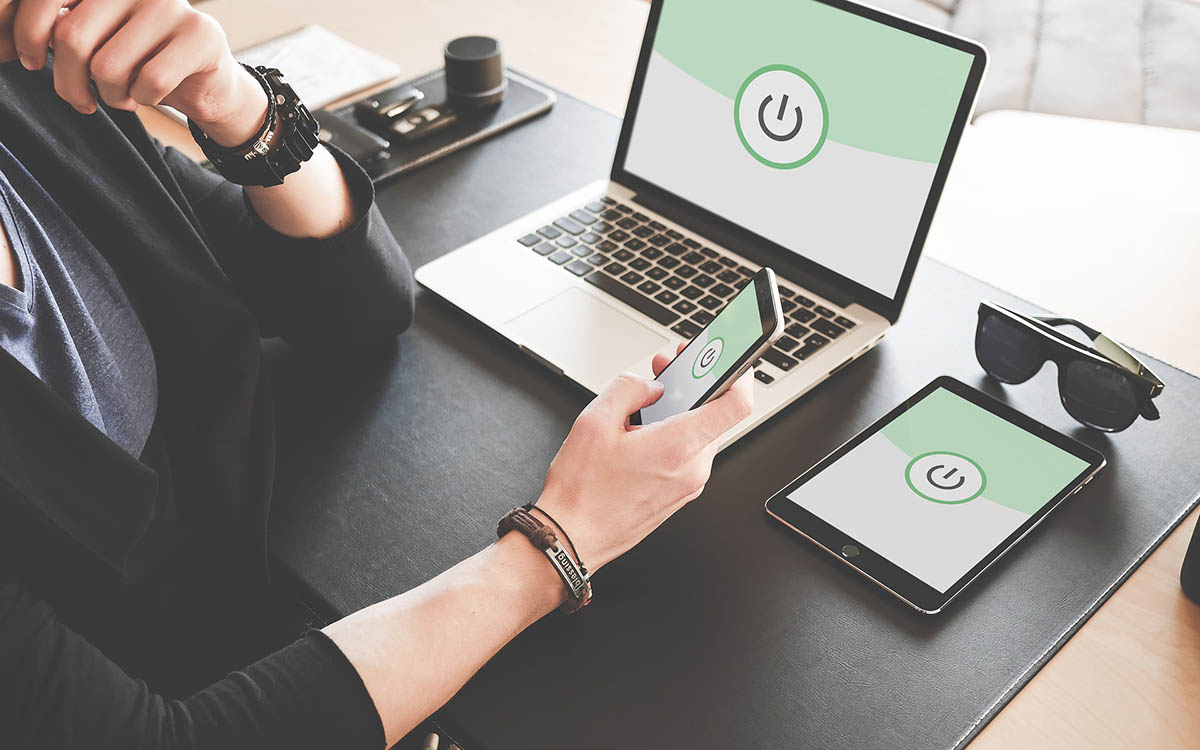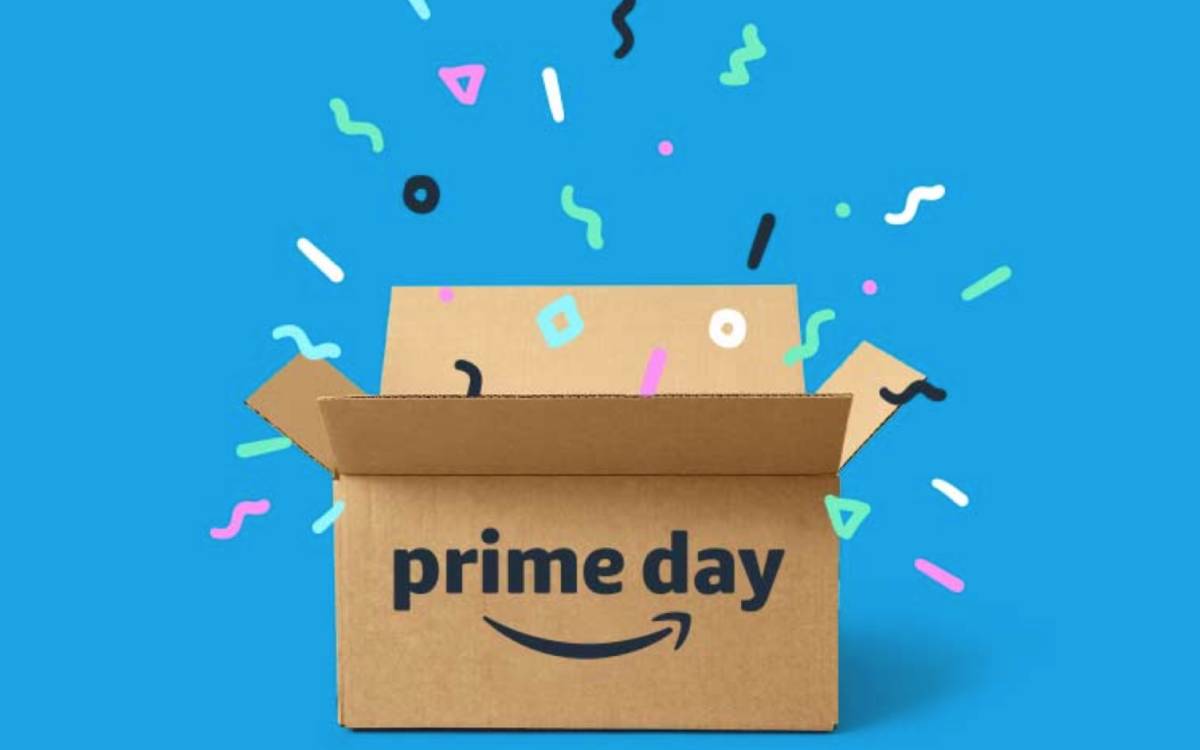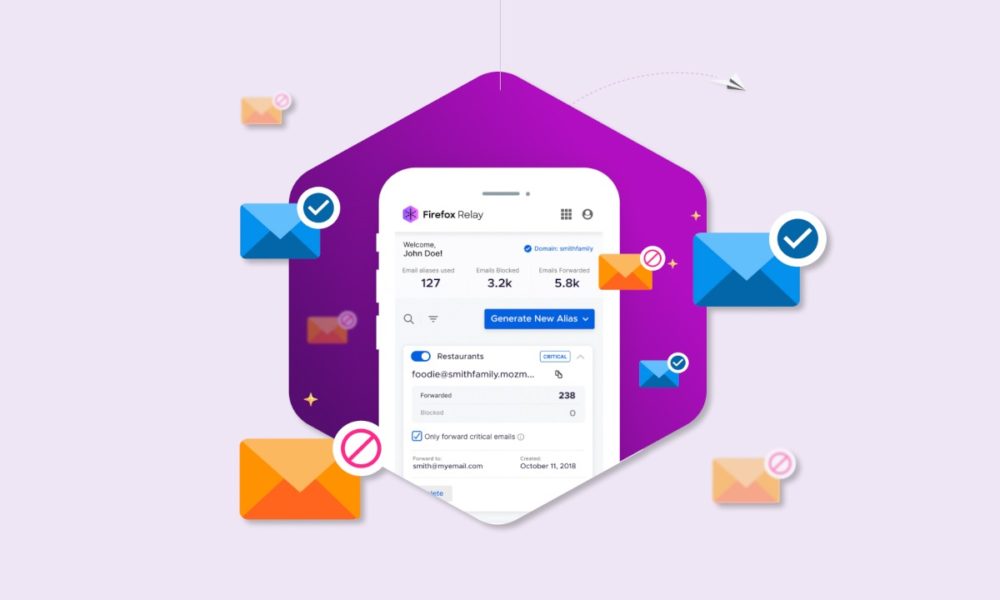
While many use a VPN, few really know its principles, how it works and the criteria that make one service better than another. Here is what you need to know to understand everything about VPNs, their advantages and above all how to choose the right solution.
What is a VPN?
A VPN (Virtual Private Network) is basically used by companies to provide their employees with a way to access the internal network or cloud resources from a remote computer. This is done over an encrypted connection which makes the traffic opaque to any unauthorized third parties.
Commercial VPNs intended for the general public are based on the same principle, but do not have the same purpose. Internet users use it to guarantee their anonymity, circumvent censorship, but also encrypt their traffic to make it unreadable to their access provider, government agents and any other prying eyes.
How does a VPN work?
A VPN works by routing your internet traffic through a private server made available to you by the service provider. So that when you send or receive data packets, these are routed to the destination from the remote server and not your computer or smartphone. The VPN thus behaves like an intermediary. The other important feature of a VPN is the encryption component that encrypts your communications.
This data is thus encrypted before leaving your device and even your ISP can’t access it. If this information were to be intercepted by third parties, it will be unreadable. In more accessible terms, when you use a VPN client, your requests are encrypted before being transmitted to the server. The latter decrypts them before sending them on the Internet. On return, the data is again encrypted by the server and then sent back to your terminal to be decoded by the VPN client.
Why is a VPN important?
Once you understand the principle, the advantages of a VPN are obvious. The confidentiality is one of the obvious benefits of this kind of service. Your ISP is the first third party that can be inconvenient. It holds a lot of information about what you do online and this data is associated with your IP address. Your traffic passes through its servers and it may keep a history of your activities.
And while your carrier might seem trustworthy, justice could oblige him to reveal your identity in the event of suspicion of illegal activities. The most evocative example is that of Hadopi, which has become Arcom since January 1, 2022. As part of the graduated response, the company Trident Media Guard responsible for identifying IP addresses with dubious activities sends thousands of requests for identification to operators.
Requests may also come from law enforcement, government or other third parties with coercive power. Some unscrupulous ISPs go so far as to share browsing information with advertisers. And that’s not counting hackers who can intercept your sensitive data such as your bank details during transactions on insecure sites.
The risk is even greater if you regularly connect to public Wi-Fi. Logins, passwords, payment information and even your complete identity can be stolen by hackers. Hence the importance of a VPN to protect you.
Also read: Best VPNs for Android
Advantages
Encrypt your traffic : Most VPNs use AES-256 encryption, one of the most secure. To find the encryption key via a brute force attack, it would take millions of years for a computer with colossal power. You therefore benefit from unfailing security of your data.
Anonymity : With VPNs, the principle of anonymity is not limited to hiding your traffic. They also allow you to change IP address by borrowing that of the server through which your exchanges pass. In doing so, it is impossible to trace back to your PC or smartphone. At least, only the VPN provider could if they keep a log of your activities. Hence the importance of choosing a no-log VPN (we will come back to this).
Access to geolocated content (Ex: Netflix US from France) : Some popular services are not accessible everywhere in the world. For others, the content or services offered vary from one country to another. We can cite several examples, but one of the best known is that of Netflix. The US catalog which is more complete than anywhere else is accessible only in the United States.
You can only access it outside the country by subscribing to a Netflix-compatible VPN and choosing a server in the US. We could also cite the example of Molotov.tv. The service is only accessible in France or within the EU if you have a Molotov Plus subscription.
Circumvention of censorship : This is another very common reason for adopting a VPN. Services, platforms or websites are sometimes prohibited in certain countries which also view VPNs with a dim view. To circumvent these restrictions, the VPN often imposes itself as the only recourse.
How to choose a good VPN?
There are several important criteria that make the quality of a VPN. Several providers operate on the market, but not all are equal in terms of quality of service and security. Here are some things to consider when choosing a VPN.
The choice of servers / country : the more choices you have, the better. The best VPNs have thousands of servers in multiple countries. If the number of servers is important, the choice of countries is just as important. You can choose between 60 and over 90 countries depending on the service.
Connection speed : A good VPN must offer comfortable upload and download speeds so as not to slow down your connection to the point of handicapping you. You must be able to stream or watch Internet TV in high definitions. On this point, the best solutions offer a guarantee of speed and stability.
Tunneling Protocols : tunneling protocols are a very important criterion for your security. Choose VPNs that support the most secure protocols, including IKEv2, OpenVPN and WireGuard. Some vendors offer custom protocols. This is the case of OpenVPN with its NordLynx protocol or ExpressVPN with Lightway. These protocols are all in-house implementations of WireGuard.
Provider’s home jurisdiction : Some governments may force a VPN service provider to keep a log of your activities and release them upon request. This is also why some providers do not hesitate to highlight their location outside the member territories of surveillance alliances. Ex: the alliances of the 5, 9 and 14 Eyes.
No-log policy : As explained above, the VPN provider may keep a log of your activities associated with your IP address. This is why it is important to opt for a no-log VPN. In other words, a service that does not create or save a log of what you do on the Internet.
Kill Switch :iwl is a VPN feature that not all (even paid) services provide. It allows you to cut off all incoming and outgoing traffic from your device if the VPN encounters a problem and therefore no longer protects you. By doing so, you avoid putting your communications at risk.
Support responsiveness : Choose VPNs that have a good FAQ section and responsive support. This will allow you to get answers or quick assistance in the event of a problem.
Read also: how to configure a VPN on Android?
The Best Paid VPNs
Should You Use a Free VPN?
It all depends on your goal. If it’s just to circumvent censorship or access a blocked website in your country of residence, opting for a free VPN sporadically can do the trick. But it is not a recommended option for those who seek security above all else. Most, if not almost all, free VPNs don’t have no-log guarantees.
In other words, they keep a lot of your personal data and often resell it to third parties (advertisers in this case) to compensate for being free. Also, unless you opt for the trial versions of reputable services, you cannot be sure of the reliability of the protocols used. If you are looking for a paid and reliable solution, discover our guide to the best VPNs of the moment.



